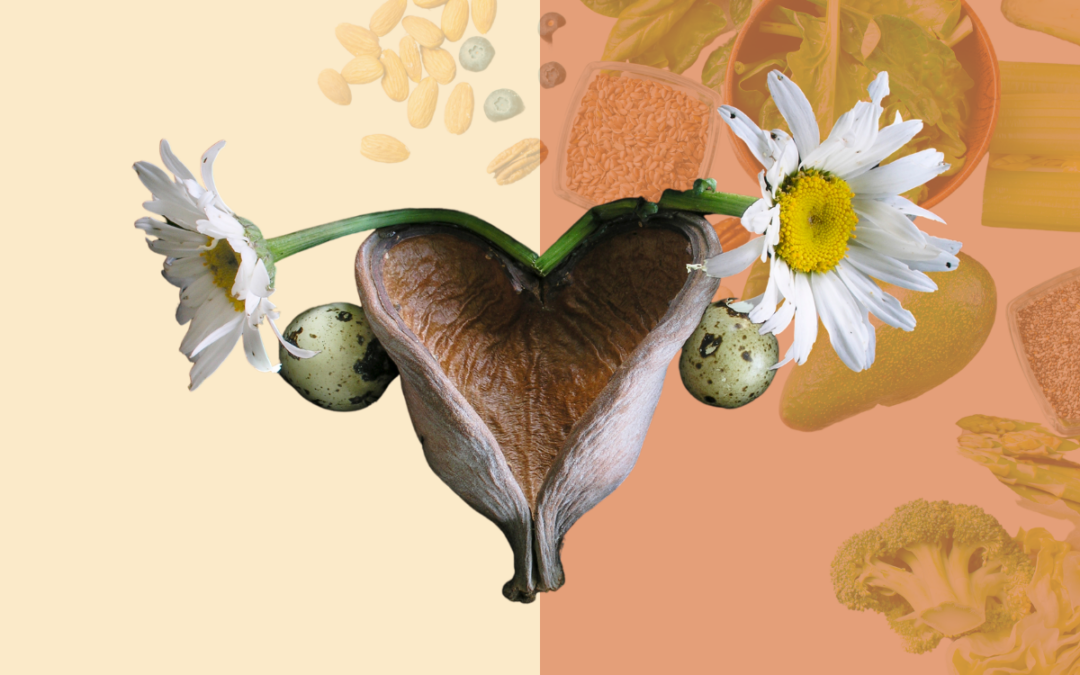Uterine fibroids are a complex non-cancerous condition that affects between 40% to 80% of women of childbearing age, all around the world. The effects of uterine fibroids vary from case to case because of factors such as location, size and other characteristics. However, it has been proven that this condition can affect the overall quality life in these patients.
Apart from medical and surgical interventions, women can also minimize side effects of the condition by making moderate lifestyle changes. These measures may be related to physical activities, sleep schedule, and, importantly, dietary choices.
How food can affect uterine fibroids
Everyone knows that the food we put into our body can impact our everyday health. This fact becomes even more true when it comes to women who suffer from certain conditions, since the intake of nutrients (or lack thereof) from their diet can influence symptom severity.
In particular, as stated previously, uterine fibroids and the related symptoms can be deeply affected by a patients’ dietary choices. Many studies have been conducted to better understand the relationship between diet and uterine fibroid development, which have revealed a number of interesting results and theories.
For example, research has shown how diets with a high glycemic index and high glycemic load are associated with an increase in uterine myoma risk, by increasing the bioavailability of estradiol or endogenous concentrations of insulin-like growth factor I (IGF-1). It is well known that certain hormones such as these may increase the proliferation of myoma cells, leading to increased fibroid growth. Other studies have also shown how there might be a connection between consumption of soy products and uterine fibroid development, even though experts are still debating these theories.
Best dietary tips for women with uterine fibroids
Doctors have created some dietary tips and food plans that might help women with uterine fibroids deal with symptoms. In particular, medical professionals generally advise a Mediterranean style diet, that contains a number of foods which may help you with symptom management.
Here is a list of the main vitamins and nutrients to include in your diet and why they are important:
- Fiber is an undigestible carbohydrate which balances hormones and helps keep blood sugar levels low. While not scientifically proven, some experts feel that a diet high in fiber contributes to the stabilization of uterine fibroid size. Fiber can be found in foods such as beans, brown rice, whole wheat and many fruits and vegetables.
- Vitamin D is both a nutrient we consume and a hormone our bodies make. Studies have proven that when used in combination with green tea extract, Vitamin D has been shown to reduce the size of fibroids by more than 30%. Foods rich in vitamin D include cod liver oil, salmon, swordfish, tuna fish and some fortified foods.
- Food products which are high in potassium balance blood pressure. This is important as high blood pressure is associated with an increased risk of uterine fibroids. Great sources of potassium are dried fruits (raisins, apricots) beans, lentils, potatoes, winter squash (acorn, butternut), dark leafy greens, bananas, and avocados.
While some foods can be helpful, others can cause harm. Foods to avoid include the following:
- Sugar and simple carbohydrates increase blood sugar, causing a rise in insulin levels and (as some experts have demonstrated) triggering fibroid growth. Generally, it is recommended to avoid foods with added sugars, pastas, pizza, and other high-sugar foods, which most are already aware of.
- Other foods that may negatively influence fibroid growth and related symptoms, especially in high doses, are soy products and tofu, as they are known to increase estrogen.
These dietary suggestions are important for uterine fibroid patients to follow as they can directly or indirectly influence fibroid growth and symptom severity. In fact, it is extremely vital to stress the importance of food and the impact that our diet can have on our body and health. Therefore, women with uterine fibroids should follow a diet full of fruits and vegetables and avoid processed foods, sugar, and soy-based products. These small lifestyle changes may help, day by day, with minimizing the symptoms of your condition and provide an overall better the quality of life.
Sitography

Recent Comments